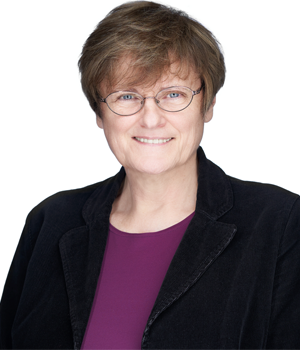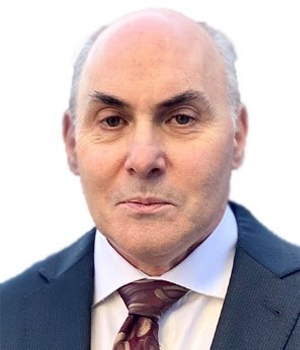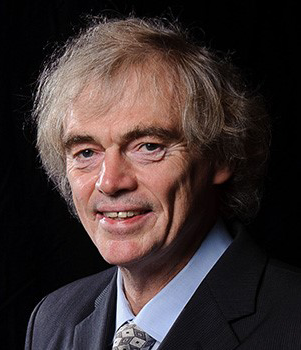
Senior Vice President, BioNTech RNA Pharmaceuticals, Germany
Adjunct Associate Professor, Perelman School of Medicine, University of Pennsylvania, Philadelphia, USA.
Hungary/USA

Director of Vaccine Research, Infectious Diseases Division
Professor, Department of Medicine, Perelman School of Medicine,
University of Pennsylvania, Philadelphia, USA.
USA
Associate Professor Katalin Karikó received her Ph.D. from University of Szeged, Hungary.
Professor Drew Weissman received his M.D. and Ph.D. from Boston University, USA before attended the training program with Dr. Anthony Fauci, who received the Prince Mahidol Award in the field of medicine in 2013, at the National Institutes of Health, Maryland, USA.
Assoc. Prof. Karikó and Prof. Weissman have been working side by side in developing mRNA technology and its applications in medicine. In 2006, they discovered that modification of nucleosides in mRNA could reduce cellular reactions toward foreign RNA. This was an important step in the utilization of mRNA technology. Foreign RNA is naturally recognized by cellular anti-viral machinery, which suppresses translation of mRNA and induces inflammation. These reactions were the main obstacle preventing the applications of mRNA in prevention and treatment of diseases. This and subsequent studies of Assoc. Prof. Karikó and Prof. Weissman have led to the use of pseudouridine in mRNA production and invention of purification method for pseudouriine-containing mRNA. These are the critical basis for the mRNA vaccine development. Prof. Karikó and Prof. Weissman have also played important role in the rapid development of COVID-19 mRNA vaccine.
The achievement of Assoc. Prof. Dr. Karikó and Prof. Weissman has led to the rapid availability of COVID-19 mRNA vaccine, which has saved millions of lives and become an important tool for the control of COVID-19 pandemic around the world.

Professor, Department of Biochemistry & Molecular Biology, University of British Columbia, Vancouver
Canada
Professor Pieter Cullis received his Ph.D. from the University of British Columbia and continued his research career there in lipid biochemistry.
Prof. Cullis is a pioneer in lipid nanoparticles, which have been used for various applications in medicine such as delivering anticancer drugs to cancer tissues without causing too much toxicity in normal tissues. The most remarkable type of lipid nanoparticles developed by Prof. Cullis is lipid nanoparticles with ionizable cationic lipid. These lipid nanoparticles have no charge at neutral pH, but become positively charged in low pH. Because of the absence of positive charge, the lipid nanoparticles are not toxic to cells. When they are taken up by cells into endosomes, the acidic pH in endosome turns the neutral lipid into positively charged lipid, which causes fusion to negatively charged cellular membrane. This membrane fusion delivers the content of the lipid nanoparticles into cytoplasm of the cells. This technique has been successfully employed to develop the delivery system of mRNA vaccines, which are being used to control the COVID-19 pandemic.
The achievement of Prof. Cullis not only made COVID-19 mRNA vaccines possible but has also created a way to safely deliver nucleic acid into cells, which opened up possibilities for various applications of nucleic acid technology for prevention and treatment of many diseases in the future.